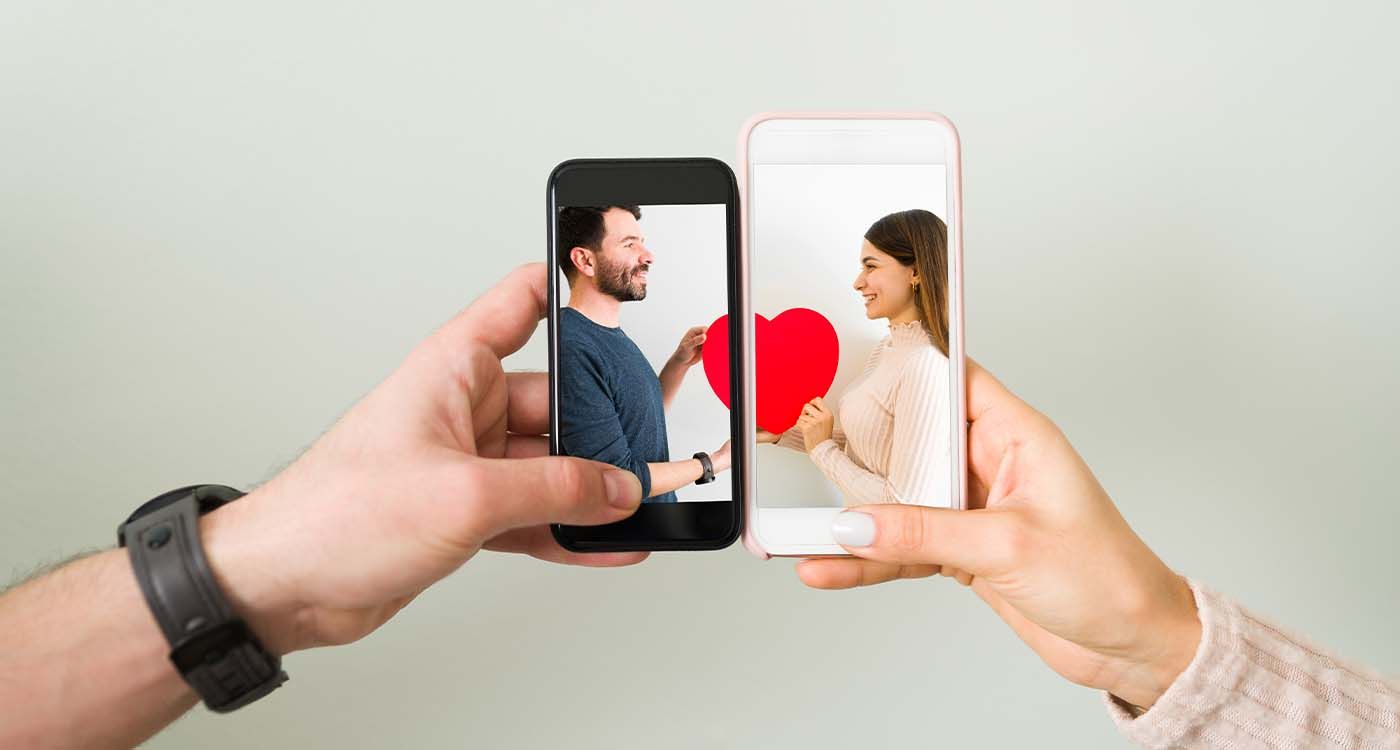
Swipe, like, ghost — welcome to the emotional marketplace of online dating. Apps promise love at your fingertips. But between the endless stream of profiles, the need for validation, and dead-end conversations, many users are left feeling drained, empty, and disconnected.
Since the rise of Tinder, Hinge, and Bumble, dating has taken on the feel of digital shopping. You pick a profile, reject another, then repeat. One swipe, and the illusion of endless choice starts all over again. What was meant to make love easier ends up fraying nerves. Love becomes a product and the connection, a secondary goal.
This phenomenon is now well documented. A 2020 Australian study found that users of swipe-based apps are twice as likely to suffer from anxiety or depression than non-users. The more time you spend on these apps, the more pronounced the negative effects. It’s no longer just a pastime — it’s a real strain on mental health.
Personal testimonials back this up. A June 2025 survey at an American university revealed a widespread feeling of fatigue. Between “swipe fatigue” and loneliness, young people describe the same cycle: repetitive chats, sudden silence, then emptiness. Even during Pride Month, many report feeling exhausted, despite all the interactions.
Mental health professionals are sounding the alarm. In a May 2025 article in Men’s Journal, therapists spoke of swipe addiction, “emotional burnout,” and effects comparable to those of repetitive video games: chasing the reward, the match, the dopamine rush. But the pleasure is short-lived, quickly replaced by emptiness. Experts are calling for a rethink of how we use dating apps.
Problematic behaviors are becoming common: ghosting (cutting off contact with no explanation), breadcrumbing (leading someone on), benching (keeping someone on standby). These behaviors are made easier by anonymity, lack of accountability, and an overabundance of choice. People swipe faster, invest less, and disappear without looking back.
The psychology behind it is clear: the interface is designed like a game. Every match is a micro-reward. A notification triggers a hit of dopamine. We’re no longer seeking a real connection, but rather reassurance or distraction. As described in a Medium article, it’s a “supermarket haunted by loneliness” where we consume faces more than we meet people. Profiles are filtered, optimized, and packaged like products.
Thus, consequences are numerous. First, the abundance of choice leads to indecision. We think “the right person” is always just one more swipe away. Then, external validation becomes the norm: people swipe just to feel seen, measuring self-worth by the number of likes. If nothing happens, self-doubt creeps in: 'I’m not attractive,' 'I’m not good enough.' The result is lower self-esteem, emotional fatigue, and growing isolation.
In the end, the very apps designed to bring us closer often leave us more alone. They feed our fears: fear of missing out, of not being chosen, of not being good enough. You may have dozens of matches — and still no real connection. A generation calls itself connected… but feels deeply alone.
What can be done then? Experts suggest limiting app usage: set daily time limits, turn off notifications, and avoid mindless swiping. Reconnect with real-life experiences — go out, talk, share a coffee. And above all, rethink what you're looking for: a partner, not a performance. New initiatives are emerging: in-person encounters, guided conversations, and apps focused on compatibility rather than appearance.
Because ultimately, the paradox is cruel: the tools built to connect us often deepen our sense of isolation. They don’t erase loneliness — they just shift it. Real connection doesn’t come from an algorithm, but from human exchange — from a glance, a shared moment, beyond the screen, face to face, where pixels fall short.
Half of Dating App Users… Just There for the Ego Boost
According to a 2023 study by the University of Geneva, nearly 50% of dating app users aren’t there to find love — they’re looking to boost their self-esteem. Likes, compliments, or just a quick distraction: for many under 30, swiping is more of an emotional reflex than a genuine search for a relationship.
(Source: University of Geneva, “Dating Apps and Self-Esteem,” 2023)

Comments